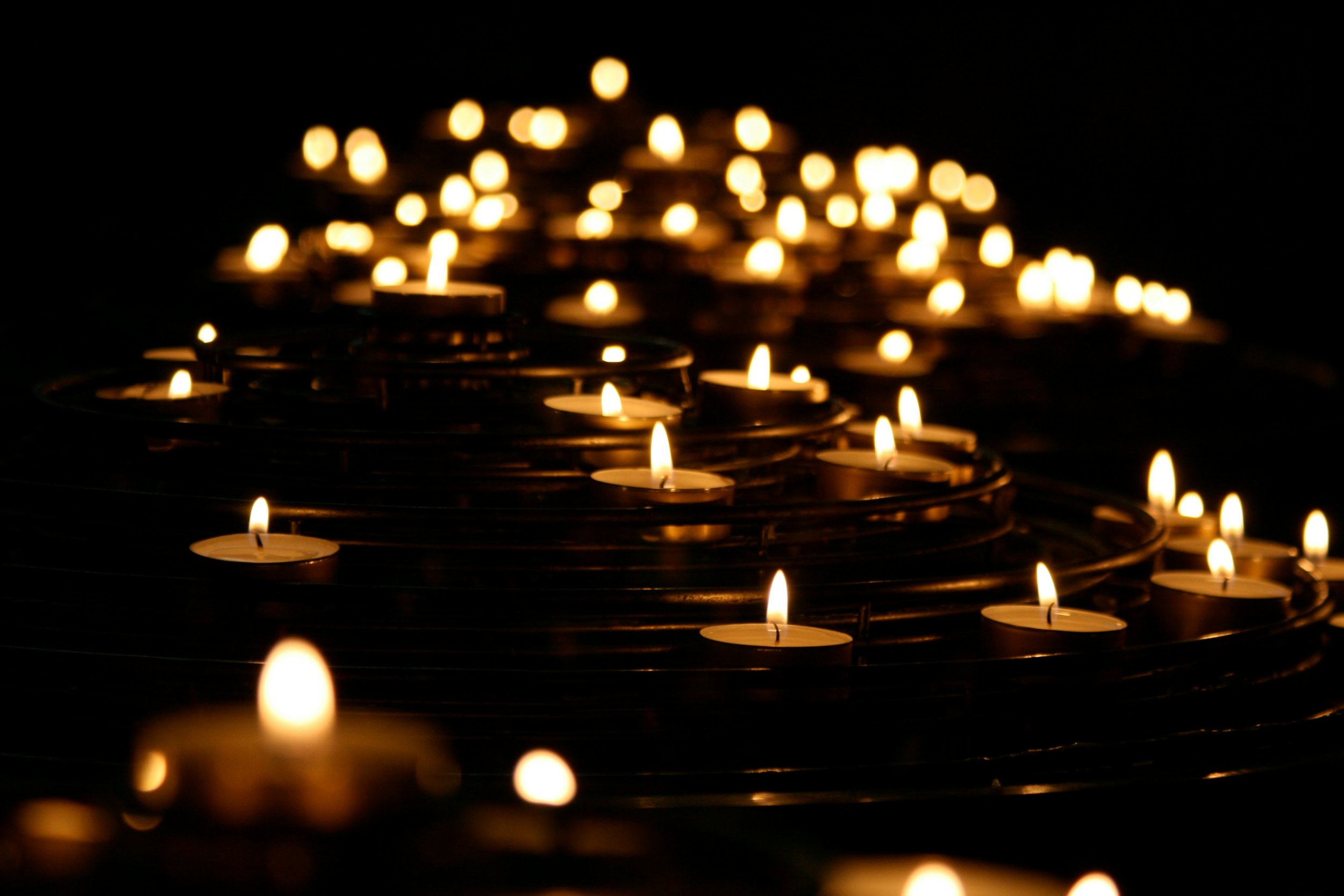
Physical Fitness
Get Pono with Your Fitness
Ho'oponopono, the ancient Hawaiian practice of forgiveness and reconciliation, can be a powerful tool for transformation in all aspects of life, including our physical wellbeing. By embracing the principles of ho'oponopono, we can cultivate self-love, overcome resistance to exercise, support healing, and foster a deep sense of gratitude for our bodies.
Overcoming Resistance to Exercise
Many people struggle with maintaining a consistent exercise routine. Procrastination, self-doubt, and fear of failure can create resistance and hinder progress. Ho'oponopono can be a powerful tool to address these challenges. By acknowledging and releasing negative thoughts and emotions that arise during exercise, we can create a more positive and empowering experience.
Imagine feeling frustrated during a workout. Instead of dwelling on self-criticism, you can gently repeat the ho'oponopono mantra to "clean" those negative thoughts and emotions. This allows you to focus on the present moment and move forward with renewed energy and motivation.
Supporting Healing and Recovery
Ho'oponopono can also be a valuable tool during times of physical injury or chronic illness. The practice encourages us to acknowledge the emotional and spiritual aspects of healing, alongside traditional medical treatments. By "cleaning" negative memories or experiences that may be contributing to physical ailments, we can create space for healing and promote a sense of peace and well-being throughout the process.
For example, if you are experiencing pain after an injury, you can direct the ho'oponopono mantra towards the affected area. By saying "I love you" and "Thank you" to your body, you can acknowledge its strength and resilience while promoting a positive healing environment.
Gratitude for Your Body
Gratitude is a powerful emotion that can significantly impact our physical and mental well-being. Ho'oponopono encourages us to cultivate a deep appreciation for our bodies and their incredible abilities. By regularly expressing gratitude for our strength, flexibility, and overall health, we can shift our perspective and foster a more positive relationship with our physical selves.
Simple practices like saying "Thank you" to your body for carrying you through the day or acknowledging its strength during a challenging workout can make a significant difference. This ongoing appreciation can lead to increased motivation, improved self-care, and a deeper connection with your physical being.
Nourishing your Body with Food
Food is more than just fuel for our physical bodies; it is a powerful tool that can impact our overall well-being. Just as ho'oponopono encourages us to take responsibility for our experiences, we can also take responsibility for nourishing ourselves with foods that promote health and vitality.
Many of us hold limiting beliefs around food, often stemming from past experiences or societal pressures. These beliefs can lead to unhealthy eating habits, such as emotional eating or restrictive diets. Ho'oponopono can be a powerful tool for identifying and releasing these limiting beliefs.

Integrating Ho'oponopono into Your Exercise Routine
Here are some ways to integrate ho'oponopono into your exercise routine:
Mindful Movement: Begin your workout by setting an intention for the session and practicing mindful movements. Focus on your breath and body sensations, releasing any tension or negativity that may arise.
Ho'oponopono Mantra: Throughout your workout, repeat the ho'oponopono mantra silently or aloud. This can help you overcome negative self-talk and stay focused on the present moment.
Gratitude Practice: After your workout, take a moment to express gratitude for your body's strength and resilience. Thank it for the effort it put in and acknowledge any progress you made.
Remember, Ho'oponopono is a journey, not a destination. Consistent practice and a genuine intention to heal and transform are key to experiencing its full benefits. Be patient and kind to yourself, and seek guidance from qualified practitioners if you need additional support.






